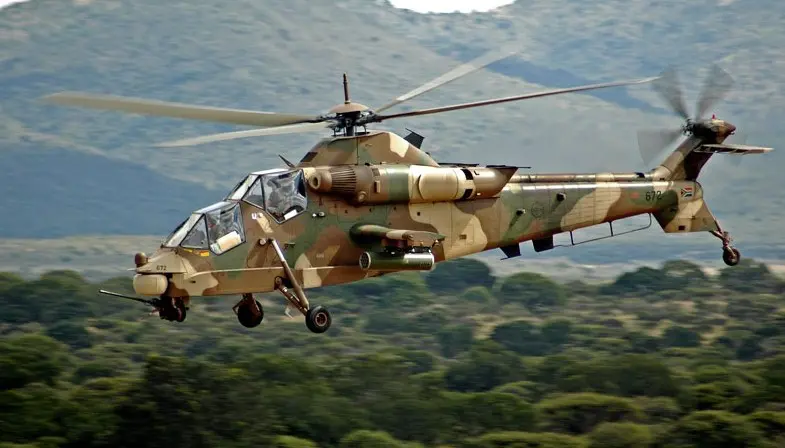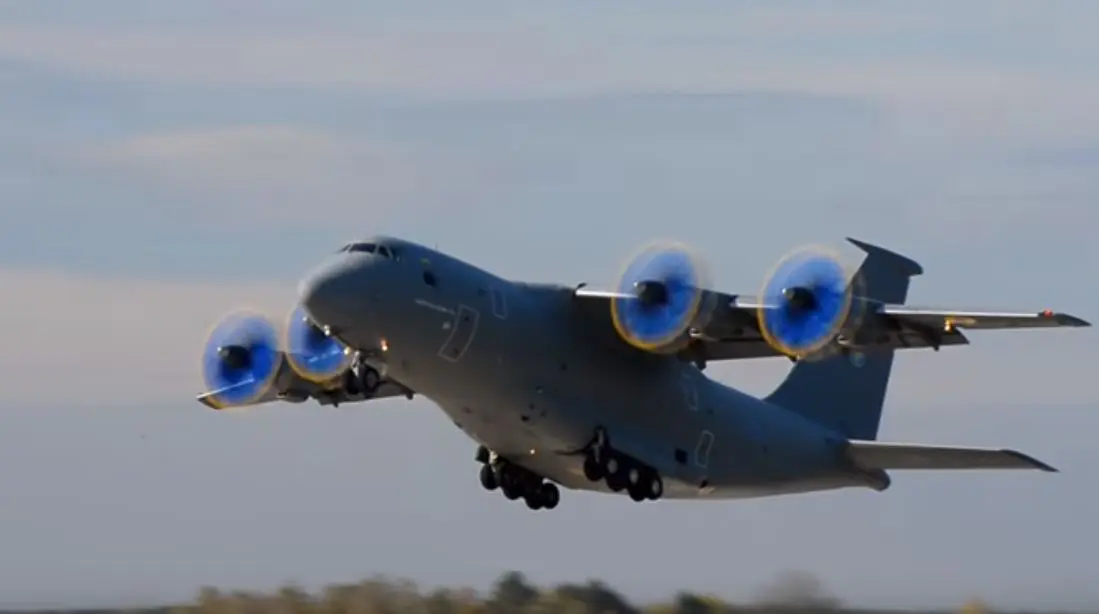2619Views 0Comments

South Africa Blocks New Arms Transfers to Saudi Arabia and UAE
The South African government blocked the sale of new weapons to Saudi Arabia, the United Arab Emirates (UAE), Oman and Algeria.
According to Reuters, the stated cause for the embargo was that South Africa’s foreign customers had refused to allow the inspection of their respective inventories. South Africa inserted those clauses in order to prevent the transfer of its arms to third parties, especially non-state actors/groups.
The inspections issue came to the fore as a number of parties have accused Saudi Arabia and the UAE of arming groups in Yemen, including those suspected of war crimes.
However, Saudi Arabia, UAE and others have refused to allow those inspections, citing that such activities would be a violation of their sovereignty. In response, South Africa blocked arms sales to those countries.
The decision has drawn severe criticism from within South Africa.
According to Simphiwe Hamilton, the head of the Aerospace, Maritime and Defence Industries Association of South Africa (AMD), the ‘inspections clause’ is “disabling (South Africa) from exporting 25 billion rand ($1.7 billion) worth of value today, right now.”
The AMD believes that the government’s decision has put up to 9,000 jobs and future contracts worth $3 billion USD in jeopardy. In fact, the UAE, which is likely Denel’s largest overseas customer (at least in the area of air-to-surface munitions and armoured vehicles) is now evaluating alternative artillery shells from India, China and Serbia in order to replace the stocks it would have procured from South Africa.
Notes & Comments:
It is unclear why South Africa decided to pursue the inspections at this point (especially as the Yemen War had started in 2015). However, this row came to public light after South Africa’s Special Investigating Unit (SIU) formally started investigating potential intellectual property (IP) theft at Denel.
Reportedly, Denel employees allegedly passed IP-related information to Saudi Arabian Military Industries (SAMI), which Riyadh established in 2017 as part of its goal to locally source over 50% of its armaments.
Initially, SAMI had proposed a partnership with Denel where the latter would undertake R&D work using SAMI’s funding. However, the two sides could not agree on equity or IP rights.
Ultimately, this move could severely damage the South African defence industry. It is not only an issue of losing existing or potential contracts, but the reality that key markets (e.g., the Arab Gulf) are now much more competitive than in previous years.
In addition to the longstanding presence of US and European companies, Turkish and Chinese suppliers are also making in-roads in the region. Moreover, the UAE and Saudi Arabia are also investing in their own industries, especially the UAE, which had recently amalgamated its 25 companies under one, EDGE Group.


